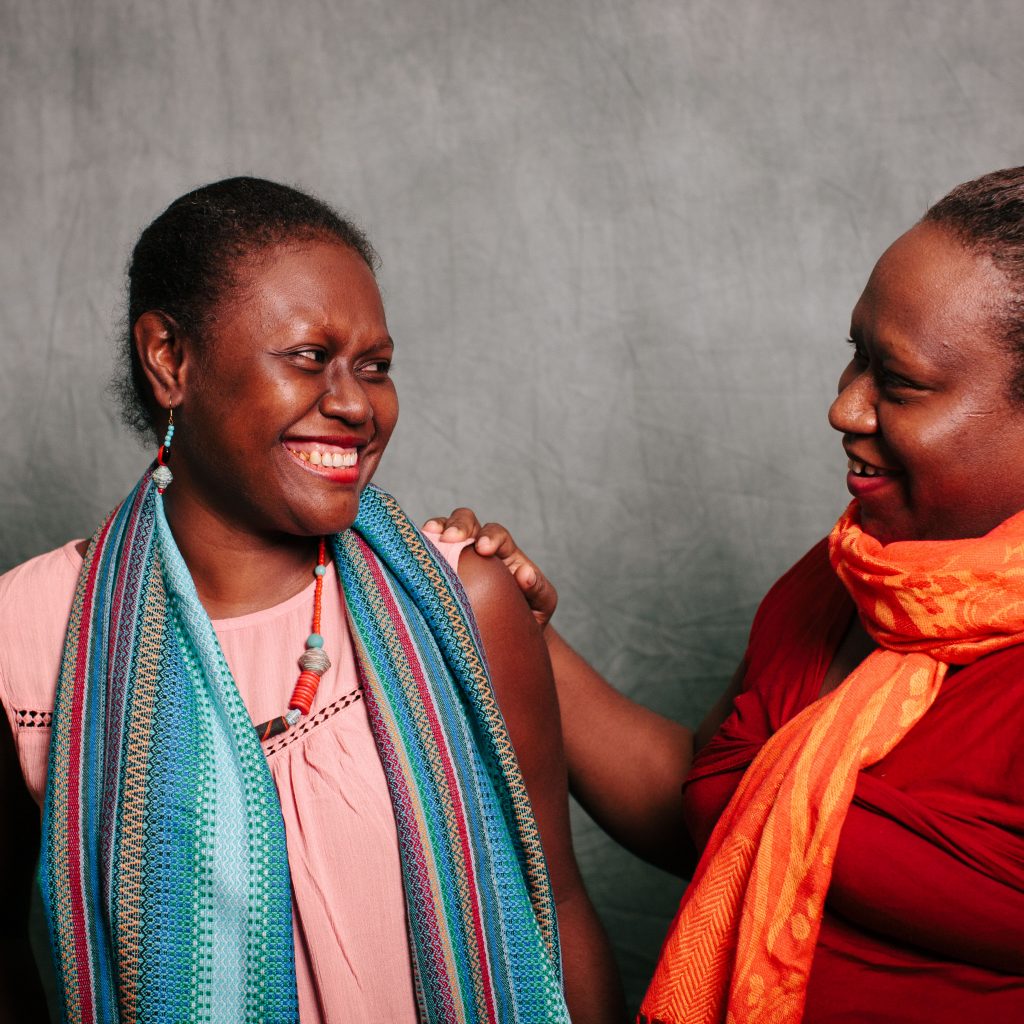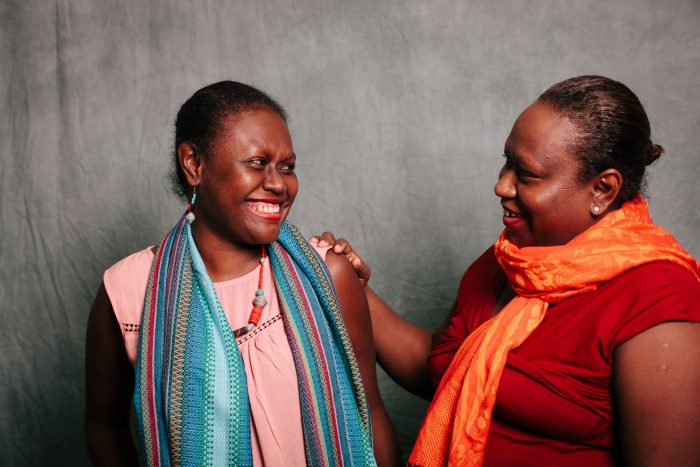
Who supports those dedicating their life to advancing women’s rights?
Today is R U OK? Day, a time to check in with those close to you and have the conversation about mental health. For women’s rights activists, it’s a time to look to the women in your lives and support each other with the tools you need to continue doing what you love.

Today is R U OK? Day, a time to check in with those close to you and talk about mental health. For women’s rights activists, it’s a time to look to the women in your lives and support each other with the tools you need to continue doing what you love.
Women’s rights activists work every day with women who have been abused and exploited. They have front-row seats to the broken systems and cultural norms that allow injustices to go on. They feel the constant attacks on women’s liberties both as women and as activists.
It’s taxing to hear these stories every single day and work in a field that constantly reminds you society has still not achieved gender equality. The build-up of these stories can lead activists to feel vicarious trauma themselves, which is emotionally, mentally, and physically draining.
According to Meghan Cooper, IWDA Program Manager for We Rise:
“This work is emotionally intensive, long-term and takes a lot of energy. It can often feel like you have the weight of the world on your shoulders. So for me, self-care is unashamedly taking care of yourself and others, allowing yourself to make mistakes and to learn from your experiences, not expect perfection. IWDA’s flexible, supportive working conditions and values-based approach with our staff and partners creates an environment where self-care is a part of how we maintain our energy to keep doing what we do.”
Women’s organisations do essential work in breaking down the entrenched inequalities women face. But the movement is only as strong as the many brave women who make it up. Knowing when to take time off, regular debriefs with qualified professionals, and looking after your physical wellbeing are essential parts of an activist’s life.
Women’s rights organisations need to address the stress, burnout and exhaustion that comes with working in social justice.
Self-care is essential
Self-care, at its most basic, is about having the tools you need to feel positive, respected and connected. This encompasses physical, emotional and psychological health. Taking care of your own mental health when regularly dealing with the trauma of others is important to maintaining balance in our personal lives. Balancing life and work and prioritising wellbeing is also critical for activists to continue their work in a healthy and sustainable way.
As a women’s rights organisation, we incorporate self-care into both the wellbeing of our own staff and the design of our programs. Providing staff with safe spaces to talk about what they’ve seen and how their work affects them is critical, and psychosocial support from a sector professional is available to all staff at any stage of their employment.
How we support each other
We supply our staff with training in resilience and coping mechanisms to empower them with the tools to look after themselves while in remote, confronting, and occasionally unsafe environments. We also ensure they have the time and space they need to deal with any trauma self-care.
Self-care doesn’t begin and end in our office. We partner with wonderful women all over the world, and these partnerships have support, mutual respect and care at the core of their design. The We Rise Coalition, made up of IWDA and our Fiji partners FemLINKPACIFIC, Diverse Voices and Action for Equality Fiji, and Fiji Women’s Rights Movement, has self-care as one of its five guiding principles.
As an international women’s rights movement, talking about vicarious trauma and injustice together reduces isolation and encourages activists to feel connected and supported. On this R U OK? Day, please make it a priority to check in with those close to you.

